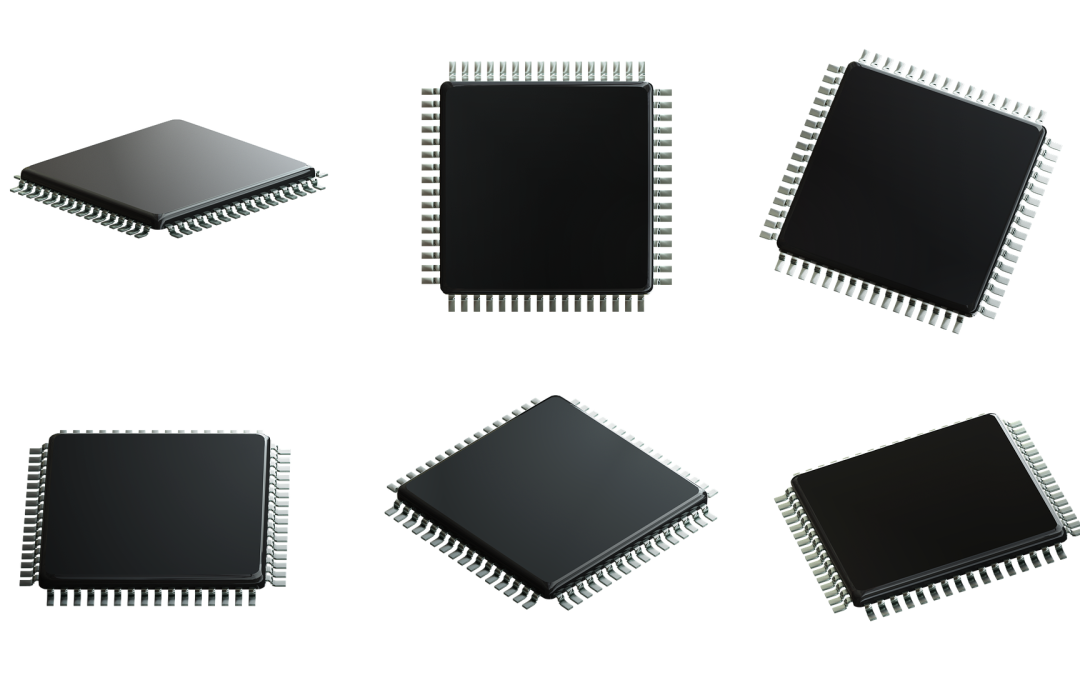Comparing Silicon Root of Trust and PKI with Other Security Technologies

Security is a critical concern for organizations of all types and sizes. As technology continues to evolve, so too do the security threats that organizations face. In this blog post, we will compare Silicon Root of Trust (RoT) and Public Key Infrastructure (PKI) with other security technologies, including:
- Passwords and Multi-Factor Authentication (MFA)
- Virtual Private Networks (VPNs)
- Firewall and Intrusion Detection Systems
- Endpoint Security Solutions
Passwords and Multi-Factor Authentication (MFA)
Passwords and MFA are commonly used to secure access to devices and networks. Passwords are a simple and inexpensive way to authenticate users, but they have several weaknesses. Passwords can be easily guessed or stolen, and users often reuse passwords across multiple accounts, which can put all of their accounts at risk if one password is compromised.
MFA provides an additional layer of security by requiring users to provide multiple forms of authentication, such as a password and a biometric scan or a security token. MFA is more secure than passwords alone, but it can be expensive and inconvenient to implement and use.
Virtual Private Networks (VPNs)
VPNs are used to create a secure connection between remote users or locations and a private network. VPNs encrypt traffic and provide a secure tunnel for data to travel through, which can help protect data from interception and unauthorized access.
VPNs are a popular security solution for remote workers and organizations with multiple locations. However, VPNs can be expensive to implement and maintain, and they can slow down network performance.
Firewall and Intrusion Detection Systems
Firewalls and intrusion detection systems (IDS) are used to monitor and control network traffic. Firewalls are designed to block unauthorized access to a network, while IDS are used to detect and respond to potential security threats.
Firewalls and IDS are effective at protecting networks from external threats, but they are not foolproof. They can be bypassed by sophisticated attacks, and they do not protect against internal threats, such as employees who intentionally or unintentionally compromise security.
Endpoint Security Solutions
Endpoint security solutions are designed to protect individual devices, such as laptops and mobile phones. These solutions can include antivirus software, anti-malware software, and data encryption tools.
Endpoint security solutions are essential for protecting devices from malware and other threats, but they can be expensive and difficult to manage. They also do not protect against threats that originate from within the network.
Comparing Silicon RoT and PKI with Other Technologies
Silicon RoT and PKI are unique security technologies that provide a comprehensive security solution for devices and networks. Unlike passwords and MFA, Silicon RoT and PKI provide a hardware-based foundation for security that is more difficult to compromise. Unlike VPNs, firewalls, and IDS, Silicon RoT and PKI provide end-to-end security that protects against internal and external threats. And unlike endpoint security solutions, Silicon RoT and PKI provide a comprehensive security solution that is scalable and easy to manage.
Conclusion and Recommendations
When choosing a security technology, it is important to consider the specific needs of your organization and the potential risks and threats you face. Silicon RoT and PKI are excellent solutions for organizations that require a high level of security for their devices and networks. These technologies provide a comprehensive security solution that is difficult to compromise and easy to manage. However, they may not be the best solution for every organization, and it is important to carefully evaluate all available security technologies before making a decision. Contact SecureG to explore how PKI and Silicon RoT can improve your security.